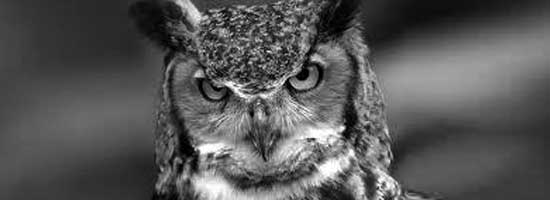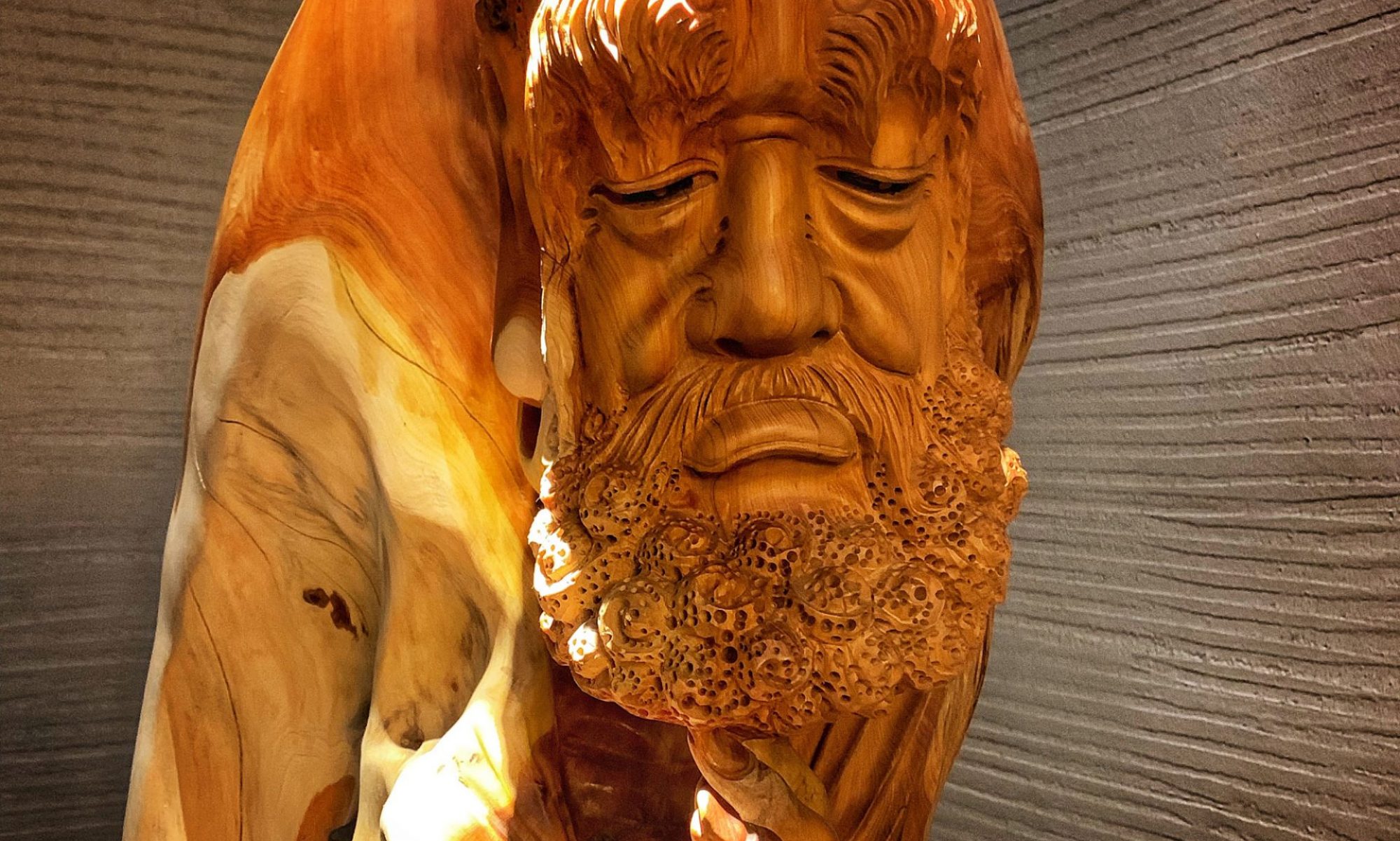Through inquiry, we discover how attachment to a belief or story causes suffering. Before the story there is peace. Then a thought enters, we believe it, and the peace seems to disappear. We notice the feeling of stress in the moment, investigate the story behind it, and realize that it isn’t true. The feeling let us know that we’re opposing what is by believing the thought. It tells us that we’re at war with reality. When we notice that we’re believing a lie and living as if it were true, we become present outside our story. Then the story falls away in the light of awareness, and only the awareness of what really is remains. Peace is who we are without a story, until the next stressful story appears. Eventually inquiry becomes alive in us as the natural, wordless response of awareness to the thoughts and stories that arise.
– Byron Katie
No Wisdom, No Talk

Doubt is healthy and yet can be a serious setback to any spiritual journey, more so when one’s journey is merely at the stage of an initiate and the task given in hand is to trust fully and to surrender the doubt. Yet ironically, the opposite can also to be true – that trust or faith, the opposite of doubt, can also be detrimental to one’s own spiritual journey, when that trust itself is blind and naïve.
How then could one draw a line between doubt and faith? I am sure you would have heard of blind faith and skeptical doubt. Overly faith leads to naivety. Overly doubt leads to arrogance. Both are extremes to the middle path of peace and wisdom.
It is in the questioning or self-inquiry that leads to observation which culminates in understanding and wisdom. Without questioning, the mind remains in judgment and deceit – deceiving oneself of what is false as true. And yet inquiring mind or the ability to question could only arise when there is doubt. It is doubt that initiates the journey of self-inquiry, of self-introspection. What is the criteria then that promotes healthy doubt? Wisdom. It is the wiser part of one’s wisdom that propels one to doubt and question. Yet ignorant too does the same – bringing skeptical doubt to the forefront. Both have different consequences. How to differentiate both? Healthy doubt has the function of a desire to understand a situation. Unhealthy doubt has the function of concluding or ending a situation, disallow furthering inquiring. Unhealthy doubt ends in judgment, healthy doubt initiates the journey of inquiry. The former leads to wrong perception, the latter to right perception – one is the result of ignorant; the other, wisdom.
Similarly, faith too needs to be recognized either as faith that blinds or faith that frees. Ironically, it is the healthy doubt that upon questioning and understanding leads to faith or confidence that sets the motion of freedom. In the same way it is the unhealthy doubt that leads to bondage, nailing oneself to repeated merry go round of errors and blindness in the midst of ignorance and holding on to what he or she think is correct, thus blinding one to suffering and repeated mistakes.
Many a times we have difficulty differentiating between true surrendering and blind faith – what is the yardstick we have to take notice so as not to fall into unnecessary obstacles that makes our journey difficult? What is the salient difference of both? Surrendering has the end result of letting go and trust, whereas blind faith has dependency and holding on as its end. Surrendering is done for the highest good. Blind faith has mentality of “what’s-in-for-me”. Heard of the verse “thy will be done” in contrary to “my will be done”?
When one surrenders, one does it with full confidence and understanding that the self is given up for guidance to set in. It has the wisdom to recognize that the self is a deception, not a reality. Whereas in blind-faith, there is a self that is in wanting, and there is a tendency of falling into beliefs, ignorant to the fact that the ego or self is seeking to strengthen itself.
When we have wisdom, more wisdom will arise. When we don’t, with whatever little common sense we have, we rely on the support of good tidings to guide and lead us the way until understanding matures into wisdom. Wisdom is key.
Nailing instead of Opening to Inquiry

The mind seldom chooses; it judges. I was in the park this morning, walking and thinking a lot. There were sporadic moments where I caught myself thinking where I brought myself back into the moment. It happened a few times and suddenly it dawned upon me that I was making a judgment out of my thoughts rather than making peace with it. To switch myself abruptly back into the moment already indicated that I was favoring the “now” rather than the thoughts. Favoring make specialness out of anything and in specialness there is sure to be of likes and dislikes – judgments. The switch is not done from the space of wisdom but rather an old idea that it is “wrong” to engage in thinking, hence the grasping of wanting to be back into the “now”.
But what is truly in the “now” is the conflict I am going through; not the park, the trees or the fresh air of the morning. A lot of times my perception of the now is about where I am, visually, rather than what the mind is experiencing.
When we talk of wisdom, we talk of what we have learnt from a situation, not the situation itself. The situation is merely the storyline, the learning is the lesson gained from understanding the situation, which usually ends itself in the mind. Back to the case of my morning walk – the situation of that point is my dwelling in thoughts. With wisdom I would have chosen to step back and learn why the mind was dwelling in thoughts rather than forcing the mind back to the walk. But when wisdom is not around, the only way the mind knows is through ignorance – judging the situation and forcing it to another.
You have and will experience this pattern of ignorance occurring throughout the day. For instance, your boss scolds – you are hurt by it.
Ignorant way of handling – you see your boss as wrong for scolding, or you may justify his scolding as appropriate. Either way is a judgment. You judge the situation and make a conclusion out of it. This becomes a wrong perception – a perception based from judgment rather than understanding.
Wisdom way of handling – recognize the hurt. Learn what caused the hurt, not from the external but rather from the internal – the ideas that brought about the judgment. You work on the cause rather than the effect. This is true learning, and hence the result that is derived from this is right perception – seeing things as they really are.
When a repeated albeit new incident is to occur in the future, say your boss was to scold you again, your past perception will readily appear to address the issue. If you have experienced wrong perception from the past, the only thing you can expect is judgment arising from that instant; whereas if right perception or wisdom is what you have gained, then you will look at the situation with understanding, probably with compassion or even love.
Many a times we experience rejection, abandonment or heartbreak – these are ancient pains that we have not fully understood or learnt and hence being presented to us in a situation to choose again – either we start taking responsibility of those emotions and look into the ideas that we are holding on to or fall back into the ignorant trip and expect it to arise again in the future.
Each moment is a calling for us to choose again from the space of wisdom.
Wrong perception is the wish that things be as they are not. The reality of everything is totally harmless, because total harmlessness is the condition of its reality. It is also the condition of your awareness of its reality. You do not have to seek reality. It will seek you and find you when you meet its conditions. Its conditions are part of what it is. And this part only is up to you. The rest is of itself. You need to do so little because your little part is so powerful that it will bring the whole to you. Accept, then, your little part, and let the whole be yours.
A Course in Miracles, Healing as Corrected Perception, 2. pp158
